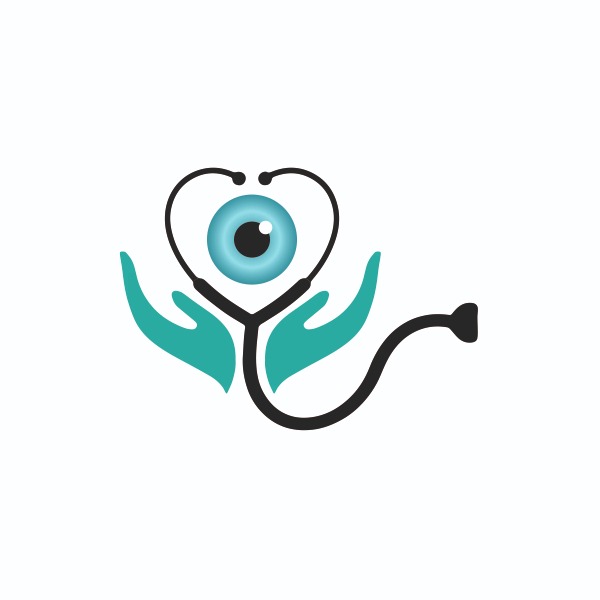+918850846511
Recently updated about

This is your website preview.
Currently it only shows your basic business info. Start adding relevant business details such as description, images and products or services to gain your customers attention by using Boost 360 android app / iOS App / web portal.
Description
Lipid screening and cholesterol management are vital for reducing the risk of cardiovascular diseases. Here’s an overview of both: ### Lipid Screening 1. *Purpose:* - To measure levels of different types of cholesterol and triglycerides in the blood. - To assess the risk of cardiovascular disease. 2. *Types of Cholesterol:* - *Total Cholesterol:* Sum of all cholesterol in the blood. - *Low-Density Lipoprotein (LDL) Cholesterol:* Often called "bad" cholesterol; high levels can lead to plaque buildup in arteries. - *High-Density Lipoprotein (HDL) Cholesterol:* Known as "good" cholesterol; helps remove LDL from the bloodstream. - *Triglycerides:* A type of fat in the blood; high levels can increase heart disease risk. 3. *Who Should Get Screened:* - Adults over the age of 20 should have a lipid panel every 4-6 years. - Individuals with risk factors (e.g., diabetes, high blood pressure, family history of heart disease) may need more frequent screening. 4. *How to Prepare:* - Fasting for 9-12 hours before the test is often recommended to ensure accurate measurements of LDL and triglycerides. - Follow any specific instructions provided by your healthcare provider. ### Cholesterol Management 1. *Lifestyle Changes:* - *Healthy Diet:* Emphasize fruits, vegetables, whole grains, and lean proteins. Limit saturated fats, trans fats, and cholesterol. Consider heart-healthy diets like the Mediterranean or DASH diet. - *Regular Exercise:* Engage in at least 150 minutes of moderate-intensity exercise or 75 minutes of vigorous-intensity exercise each week. - *Weight Management:* Maintain a healthy weight to improve cholesterol levels and overall cardiovascular health. - *Limit Alcohol:* Moderate alcohol consumption – up to one drink per day for women and two for men. - *Quit Smoking:* Smoking cessation can improve HDL cholesterol levels and overall heart health. 2. *Medications:* - *Statins:* Reduce LDL cholesterol and lower the risk of heart disease. - *Bile Acid Sequestrants:* Help reduce cholesterol levels by binding bile acids in the intestine. - *Cholesterol Absorption Inhibitors:* Reduce the absorption of cholesterol from the diet. - *PCSK9 Inhibitors:* Lower LDL cholesterol by helping the liver absorb more LDL from the blood. - *Fibrates:* Primarily reduce triglycerides and can also increase HDL cholesterol. - *Niacin:* Lowers LDL and triglycerides while raising HDL cholesterol (less commonly used due to side effects). 3. *Regular Monitoring and Consultation:* - *Follow-up Appointments:* Regular check-ups with your healthcare provider to monitor cholesterol levels and adjust treatment plans. - *Home Monitoring:* Some may use home cholesterol test kits to track their levels between doctor visits. - *Adherence to Treatment:* Take prescribed medications consistently and report any side effects to your doctor. 4. *Education and Support:* - *Patient Education:* Understand the importance of cholesterol management and the impact of high cholesterol on health. - *Support Groups:* Join cholesterol management support groups or online forums for shared experiences and encouragement. By following these guidelines, individuals can effectively manage their cholesterol levels and reduce the risk of cardiovascular disease.

